Imports via e-commerce increase sharply
In recent years, along with the wave of digital transformation and the trend of fast - convenient - cheap consumption, the cross-border e-commerce market in Vietnam is growing at a dizzying speed. A series of imported consumer goods from China, Thailand, Korea... are flooding the e-commerce channel in small-scale, individual batches and are almost tax-free.
Sharing with reporters, a consumer said that a children's headband, a kitchen knife set, a toilet cleaning tool or even a mini fan, a face washing machine... just need a few simple steps on platforms such as TikTok Shop, Shopee, Temu to be immediately shipped from abroad to the user's hand within a week, at a price only half of domestic goods. That is the reason why many consumers today choose this way of purchasing.
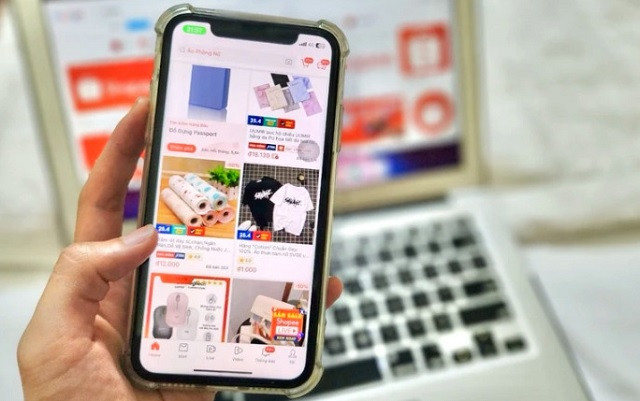
According to the Customs Department, in 2024 alone, the country recorded more than 62 million cross-border orders via e-commerce, meaning that on average, more than 170,000 individual import orders were "pumped" into the Vietnamese market every day. Notably, more than 95% of these orders have a value of less than 1 million VND and Most are classified as gifts or personal purchases, and are not subject to import duties .
In reality, imported goods through this channel are not simply for personal consumption, with a small value of less than 1 million VND, mainly cosmetics, clothes, household goods, technology products, accessories... Many subjects have Borrowing the name of "small consumer goods" to resell in large quantities on social networks and domestic e-commerce platforms or supply to retailers.
"There are currently many cases of collecting goods from China, dividing orders into smaller ones via e-commerce and then reselling them on TikTok and Facebook. The prices are very cheap because there are no taxes or quality inspections. This is suffocating small domestic production facilities," said Ms. Nguyen Thu Ha, owner of a household goods production facility in Bac Ninh .
Domestic manufacturing enterprises gradually lose their "home ground"
According to economic expert Nguyen Minh Phong, imported goods via e-commerce are penetrating into most areas that are strengths of Vietnamese enterprises such as: Textiles, household appliances, fashion accessories, consumer electronics... This flood makes it difficult for many domestic manufacturing enterprises to sell their products, especially small and medium enterprises that are already under a lot of pressure in terms of capital, raw materials and production space.
According to a representative of the Vietnam Association of Small and Medium Enterprises, many domestic enterprises said they are facing direct competition from tax-free imported goods. in price, causing orders to drop sharply, especially in the small household appliance and textile manufacturing sector, which lost market share to retail imports from China and Thailand.
"We cannot compete with the low prices of retail imports. They do not pay taxes, do not pay domestic logistics fees, and are not under warranty pressure. While we produce according to Vietnamese standards, have to pay full insurance and social insurance for workers... but are at a disadvantage right at home," Ms. Ha added.
In addition, it can be seen that, not only in terms of price, imported goods via e-commerce also have an advantage in terms of design and speed of updating trends. Thanks to the global consumer data platform and flexible supply chain, Chinese and Thai manufacturers continuously launch new models very quickly, while Vietnamese businesses take an average of 1-2 months to research and produce similar products. This "slowness" causes many domestic brands, especially in the consumer goods, children's fashion, and household appliances industries, to be eliminated from the "competitive vortex".
Need to fill loopholes in tax exemption policy for small retail goods
Convenience, low prices, and fast delivery speeds make e-commerce imported goods increasingly dominant. Notably, most of these orders are not subject to import tax , because they are within the tax exemption threshold for gifts, presents or goods with a value below the level prescribed in Circular 191/2015/TT-BTC and Decree 08/2015/ND-CP. According to the assessment of According to the Vietnam Logistics Services Association , this is a major loophole in tax policy, creating conditions for organizations and individuals to commercialize imported goods in the form of personal orders to evade taxes.
"Imported goods via e-commerce are creating an 'undercurrent' that puts pressure on the domestic supply chain. This is no longer a simple form of retail trading but has become a competitive distribution channel for Vietnamese manufacturers. In the context of the Government's efforts to promote domestic production and enhance the Vietnamese value chain, reviewing the tax exemption policy for e-commerce imported goods is very necessary ," Mr. Tran Thanh Hai, Deputy Director of the Import-Export Department (Ministry of Industry and Trade) emphasized.
According to Mr. Phong, the explosion of cross-border e-commerce is posing increasingly obvious challenges to domestic production. In that context, considering suspending tariff barriers on imported goods from e-commerce is not only to increase budget revenue but also a way to maintain domestic production in the long term.
Recently, giving comments on the Draft Decree regulating customs management of exported and imported goods traded via e-commerce of the Ministry of Finance, VCCI said that the regulation on exemption of import tax for small value orders (from 1 million VND or less) is not really suitable and risks creating inequality with domestically produced goods.
According to VCCI's analysis, most imported goods will be exempt from import tax because the value of each e-commerce order is usually low, usually not exceeding 1 million VND. In 2024, more than 324.1 million imported products were sold through Shopee, generating revenue of 14.2 trillion VND, meaning the average value is only about 43,682 VND/product. Thus, the 1 million VND threshold regulation means that most imported e-commerce goods will not be subject to import tax.
At the same time, VCCI emphasized that the above regulation creates inequality with domestically produced goods. Domestic enterprises must pay import tax on imported raw materials to produce goods, while e-commerce goods are completely exempted from import tax. This unintentionally still creates inequality in tax policy, creating a competitive advantage for foreign goods. Therefore, it is necessary to consider applying a comprehensive import tax policy, without exemptions for imported e-commerce goods.
In addition, the Draft of the Ministry of Finance is expected to allow exemption of licenses, conditions, and specialized inspections for imported goods with a value of 1 million VND or less, but the total value per year must not exceed 48 million VND for each organization or individual. The regulation is being designed in the direction of management by importer. VCCI believes that this regulation is not suitable for the characteristics of e-commerce and may create loopholes in policy design.
"The application of the VND1 million threshold is almost ineffective when most imported goods are currently of low value. This leads to the consequence that most e-commerce goods will not be subject to licensing or specialized inspection, even though the total value of goods sold to Vietnam can be very large, causing inequality with domestic goods," VCCI emphasized./.
Source: https://baoquangninh.vn/dung-tiep-tay-cho-hang-nhap-gia-re-de-bao-ve-san-xuat-noi-dia-3360875.html


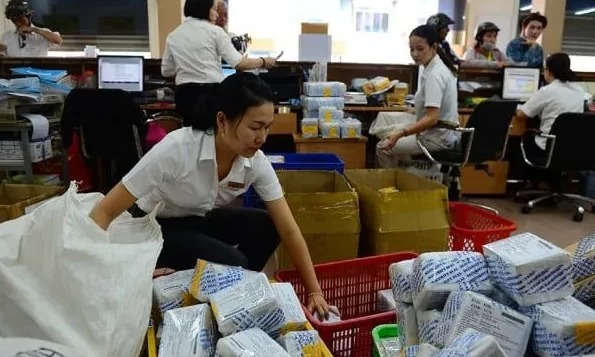








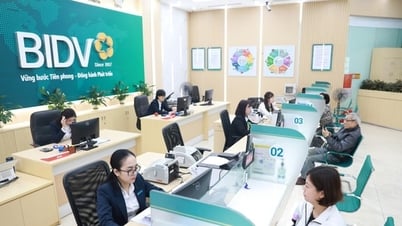













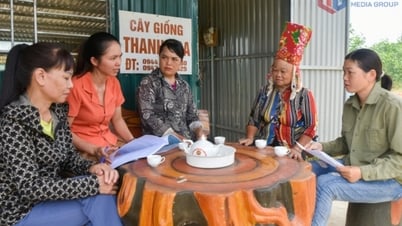
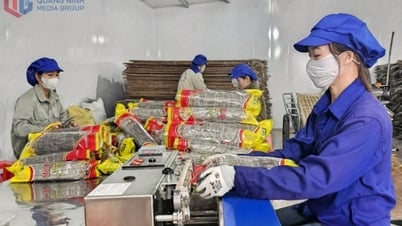





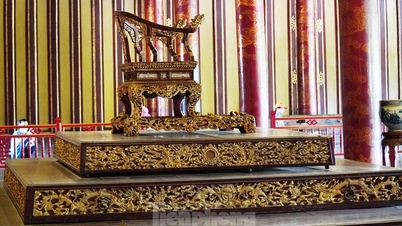























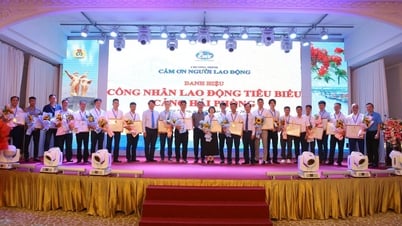







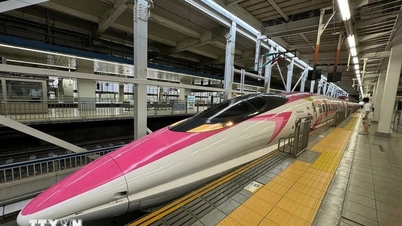







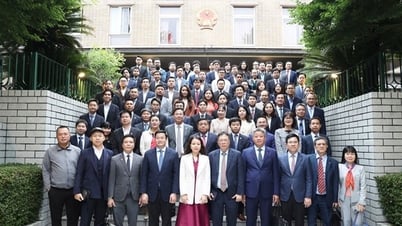



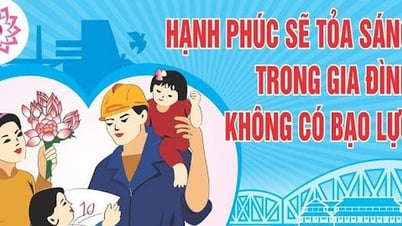






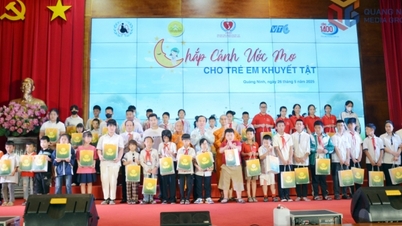
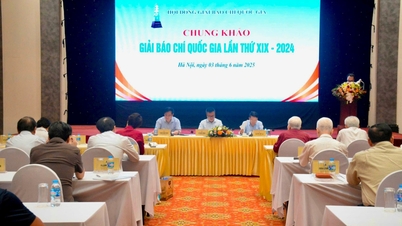

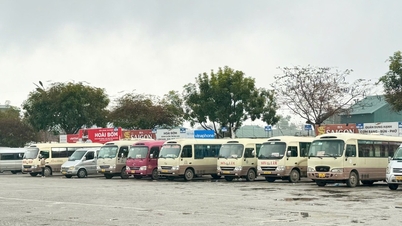
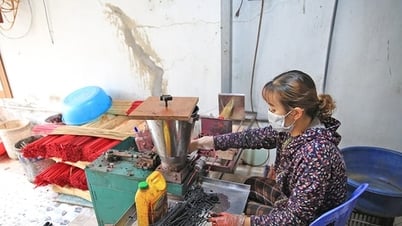







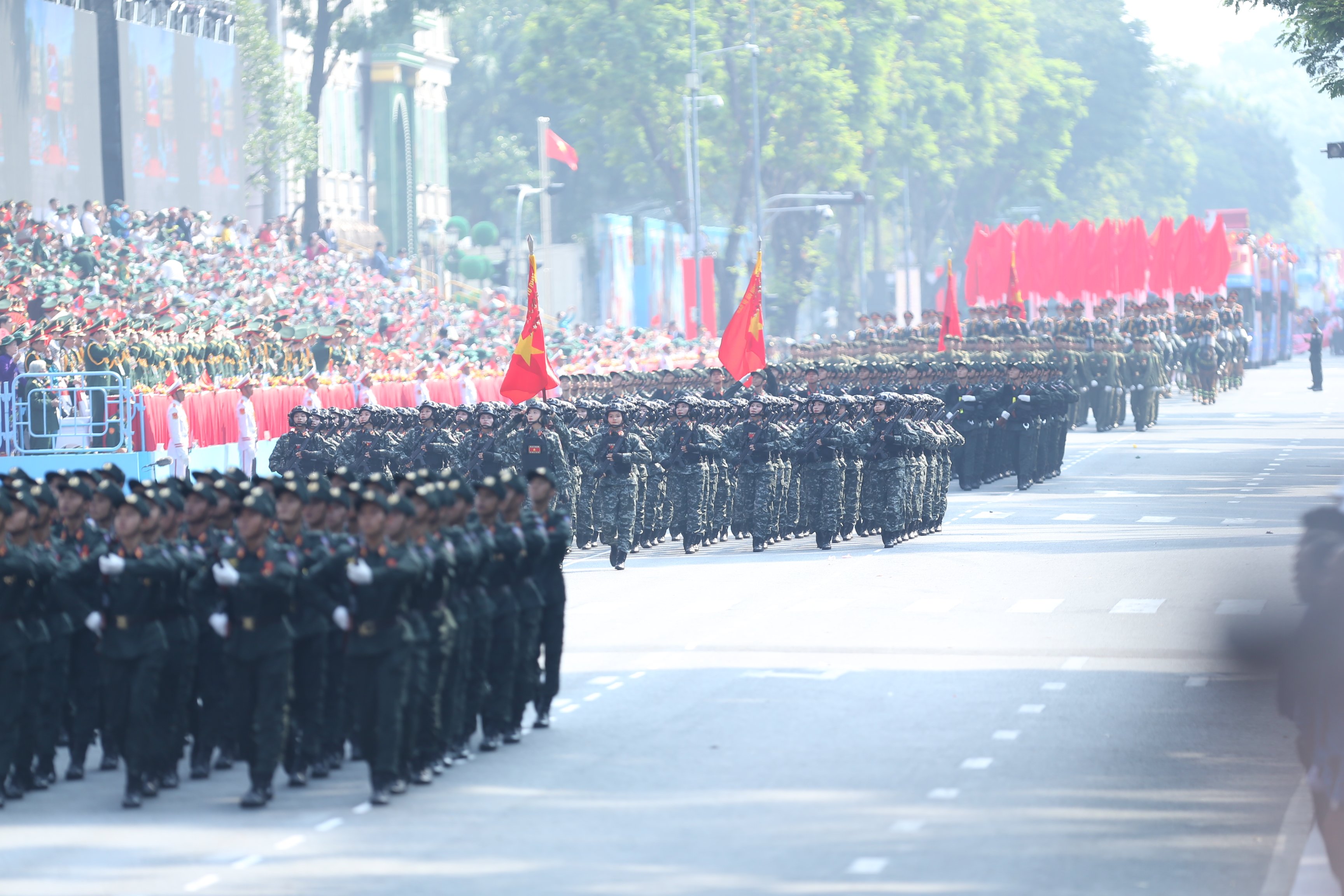



Comment (0)